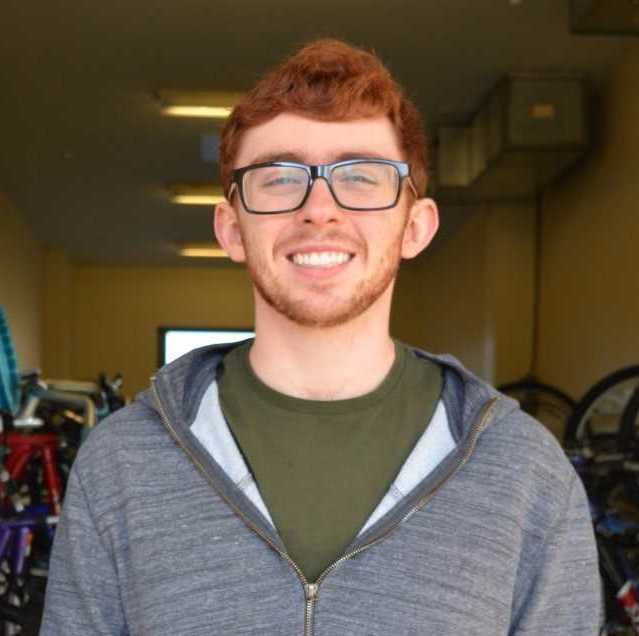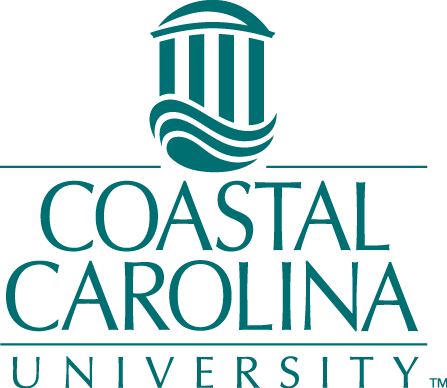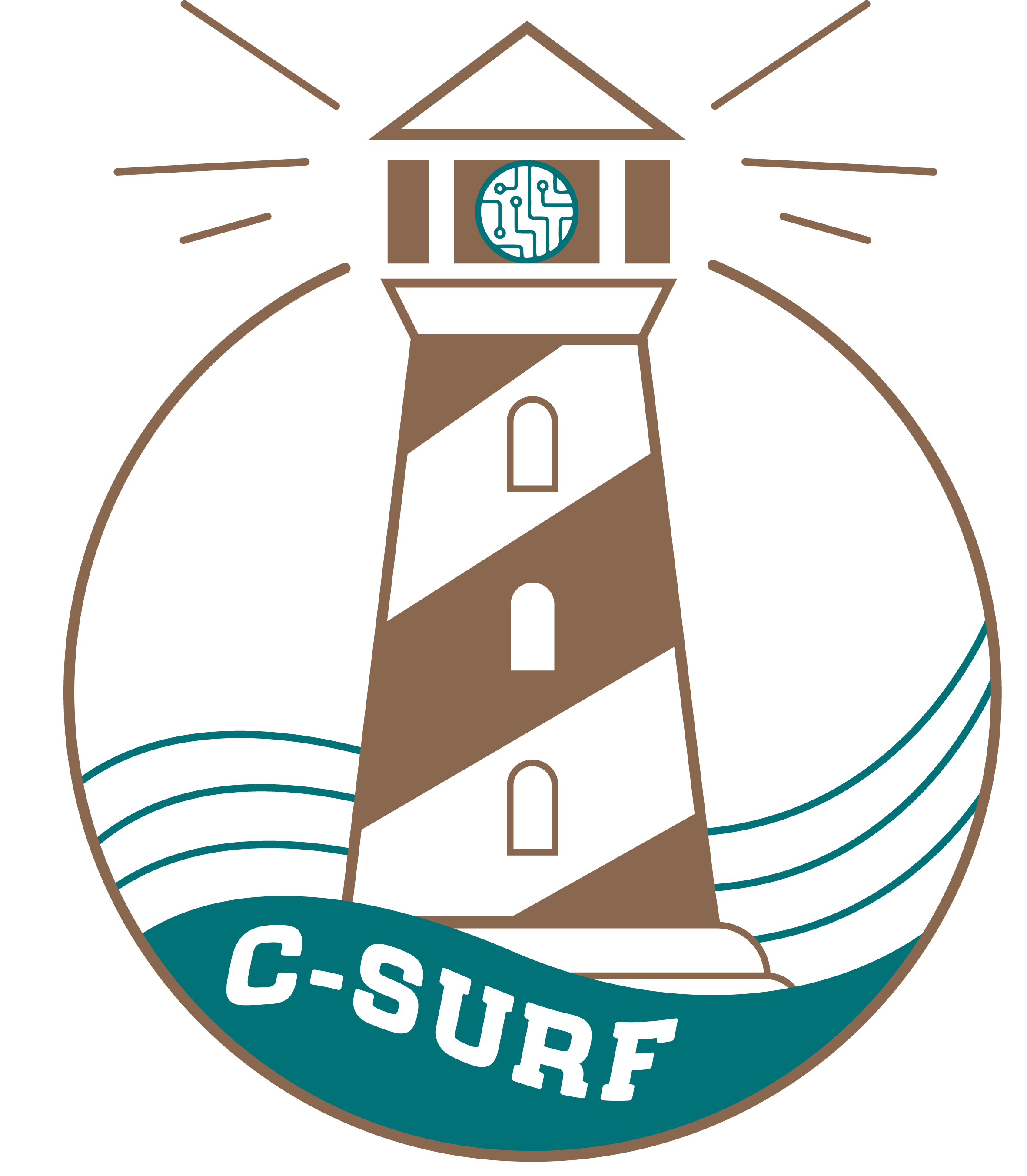 |
Use of Ensemble Numerical Weather Prediction Data for Inversely Determining Atmospheric Refractivity in Surface Ducting Conditions
Abstract Under certain atmospheric refractivity conditions, propagated electromagnetic waves (EM) can become trapped between the surface and the bottom of the atmosphere’s mixed layer, which is referred to as surface duct propagation. Being able to predict the presence of these surface ducts can reap many benefits to users and developers of sensing technologies and communication systems because they significantly influence the performance of these systems. However, the ability to directly measure or model a surface ducting layer is challenging due to the high spatial resolution and large spatial coverage needed to make accurate refractivity estimates for EM propagation; thus, inverse methods have become an increasingly popular way of determining atmospheric refractivity. This study uses data from the Coupled Ocean/Atmosphere Mesoscale Prediction System developed by the Naval Research Laboratory and instrumented helicopter (helo) measurements taken during the Wallops Island Field Experiment to evaluate the use of ensemble forecasts in refractivity inversions. Helo measurements and ensemble forecasts are optimized to a parametric refractivity model, and three experiments are performed to evaluate whether incorporation of ensemble forecast data aids in more timely and accurate inverse solutions using genetic algorithms. The results suggest that using optimized ensemble members as an initial population for the genetic algorithms generally enhances the accuracy and speed of the inverse solution; however, use of the ensemble data to restrict parameter search space yields mixed results. Inaccurate results are related to parameterization of the ensemble members’ refractivity profile and the subsequent extraction of the parameter ranges to limit the search space.
Faculty Advisor: Erin Hackett, Coastal and Marine Systems Science
Graduate Student Mentor: Vivian Turner, Coastal and Marine Systems Science
|


